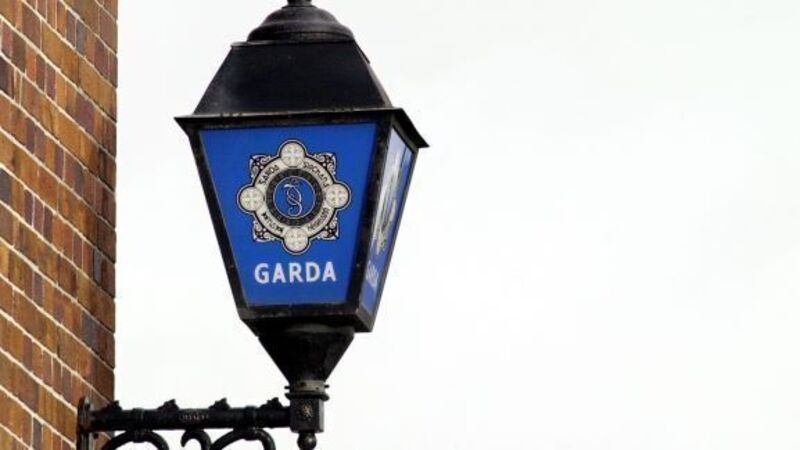The public pay genie is out of the bottle

Within hours, at least four unions demanded a review of the Lansdowne Road pact. This return to a monkey-with-the-biggest-stick industrial relations was inevitable once Government conceded. Why, after all, should one group of public employees be treated differently to another? This sounds the death knell for the trumpeted commission on public pay even before it gets out of the blocks.
If you are a garda in, say, your early 30s with a family and a mortgage, based in a country town where things move slowly enough and promotion is unlikely, you probably regard the deal as a stopgap until a better one can be wrenched from this weak Government. That view will be shared by public servants including the teachers whose action may close schools next week. If that garda has a brother in the same town and more-or-less the same point in life but working in, say, the local garage, the idea of pay ‘restoration’ is as improbable as Humpty Dumpty singing ‘Ireland’s Call’ tonight. And there it is, that’s the dilemma polarising and threatening this society.











